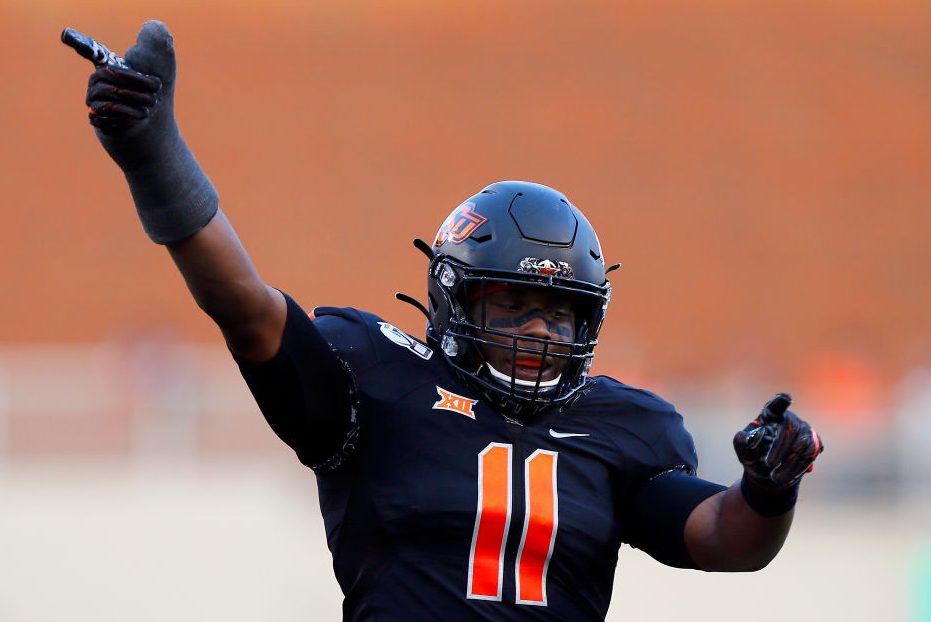Update: As soon as I finished writing this baseball decided to swallow itself. I’ll post about it once the dust settles.
Over the weekend the Major League Baseball Players Association (their union) rejected an offer from team owners that included a 72 game season that would pay players 70% of their full pro-rated salary. That means 70% of 44% of their salary. In other words, under normal circumstances there are 162 games in an MLB season; a player making $1 million dollars would be paid about $440,000 at what is called the “full pro rata.” Under MLB’s proposal that player would instead make $308,000 or $132,000 less than full pro rata. The highest paid player in baseball, Mike Trout of the Anaheim Angels, was set to make $37.7 million this season. His full pro rated salary over 72 games would be $16.6 million. Under ownership’s proposal he will make $11.6 million which is a $5 million dollar difference. Finally, a player making the league minimum gets $563,500 in a full season. A full pro rated salary for this sort of player is $247,940. The owners would pay this player $173,558, a difference of $74,382. So obviously the higher your salary was to begin with the more money a player is leaving on the table and while even $173,558 seems like a lot of money keep in mind that the guys across the negotiating table are BILLIONAIRES who have the wealth to pay those salaries. Further, the average length of a major leaguer’s career is 5.6 years, while owners hold on to teams for generations so players have a stronger incentive to make as much money as they can. The owners claim that they are trying to negotiate lower pay because of the revenue they’ll lose if fans aren’t allowed to attend live games. This is bogus for a number of reasons:
- While it may be true that teams will generate less revenue without fans there is no rule that says owning a professional sports franchise must be profitable every single year. If we were taking Chicago Cubs owner Tom Ricketts seriously when he claims that he’s having a “cash-flow problem” or Cardinals owner Bill DeWitt when he talks about not being able to make money in baseball then I have a simple solution for them: sell you team! Why would you hold on to something if you’re losing money on it and you know you can sell it to someone else at 10 times the purchase price? Simple!
- Owners refuse to prove how much they’ll be losing by showing their financial statements (called “opening up the books”) with the players. If you’re going to lose as much money as you say then why wouldn’t you share your finances with the players? The owners and players are essentially “partners” in a collective bargaining agreement anyway. Is there something to hide? (Answer: Yes)
- Billionaires are very good at avoiding paying their fair share. It’s why they’re billionaires.
MLB Commissioner Rob Manfred recently said he was 100% sure there would be baseball this year, but the reality is it’s kind of a coin flip right now. The players have stopped negotiating with ownership, so their next move is to release a schedule that could set off a legal battle between the two sides. I’m on the side of the players here, but ultimately professional baseball is in danger and it’s their own fault. For a sport that can be rather sanctimonious about records and the hall of fame they dig themselves in a hole far more often than they cloak themselves in glory. The last thing they needed after the Astros cheating scandal that more or less delegitimizes the last couple of seasons is an extended labor dispute. We’ll see...
Final Bell
- ESPN aired the latest installment of their 30 for 30 documentary series last night. The episode focused on the 1998 Home Run explosion lead by Mark McGwire and Sammy Sosa. Looking back it’s another example of how baseball tends to eat itself alive. That was an awesome season and if you didn’t realize these guys were juicing you didn’t want to believe it. I’m not saying pro’s should be encouraged to take steroids but not having either of these guys, or Barry Bonds, or Roger Clemens in the hall of fame is insane.
- Several college football teams, including my Buckeyes are having players sign waivers acknowledging that they know the risks of playing during the COVID-19 pandemic. I love Ohio State football almost as much as I love my own child, but this is a total disgrace. First, there is a total absence of integrity when Athletic Director Gene Smith claims that he doesn’t look at the waiver as a legal document and calls it a “Buckeye pledge.” He tries to describe it as a reminder of responsibility. It’s a Buckeye Waiver Gene, that you will 100% use in court if you need to because you are absolutely exposing unpaid labor to dangerous conditions so you can line your pockets.




